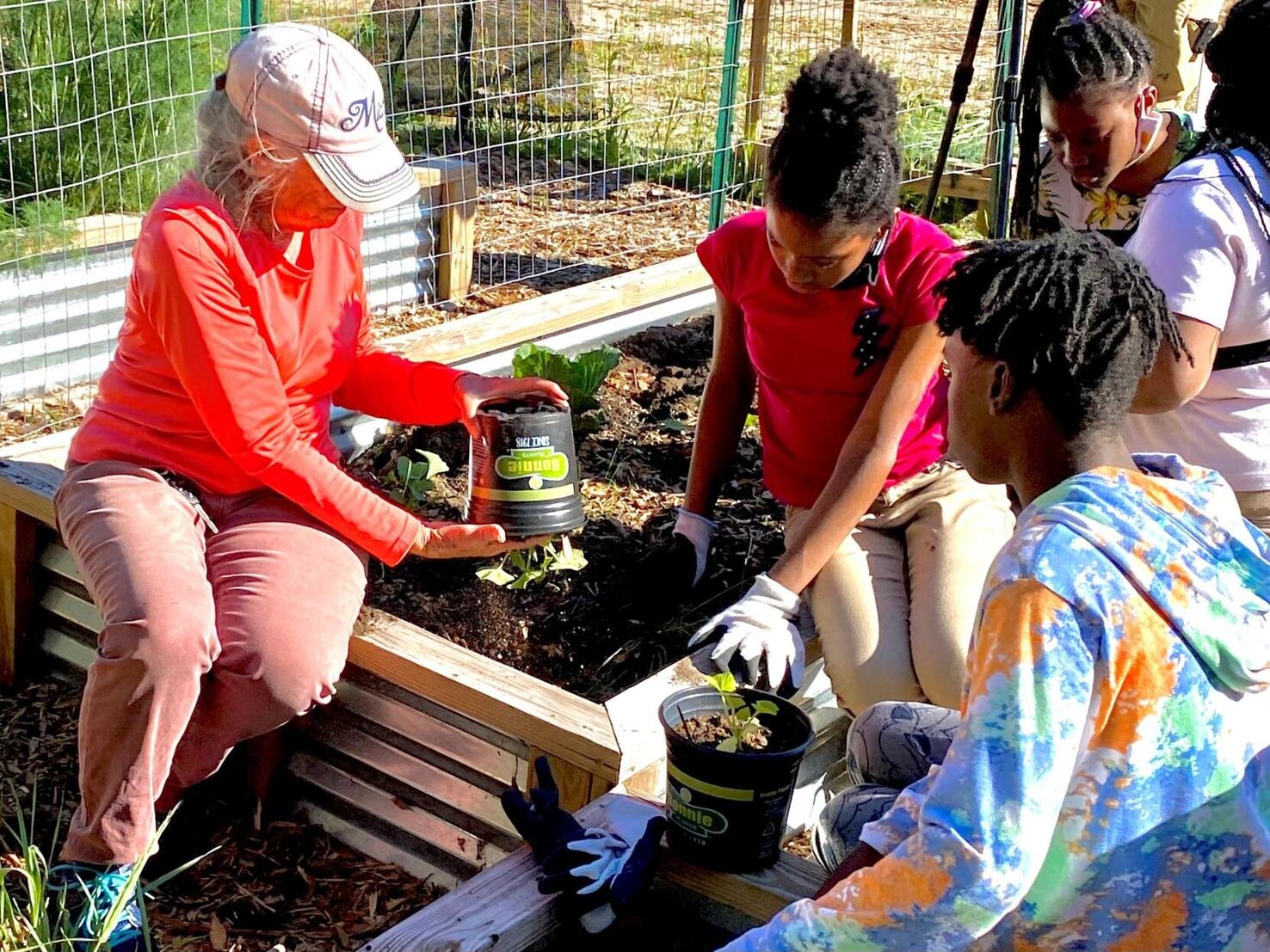Charleston Regional Business Journal
With the area’s rising real estate prices, nonprofits often struggle to find affordable office space.
To save money on daily expenses, four organizations are joining forces to transform a wholesale furniture warehouse in North Charleston into the Opportunity Center.
The four nonprofits include: Homes for Hope based out of Greenville and the Lowcountry’s South Carolina Association for Community Economic Development, Center for Hiers Property and Increasing H.O.P.E. Financial Training Center.
The building will house new headquarters for all but Homes for Hope, the first Small Business Association Women’s Business Center to serve the tri-county and an entrepreneurial incubator to create an entrepreneurial eco system for the low-income community. Additional market value office spaces will be available to rent as well.
Upon completion at the end of the year, all four organizations will become equal owners of the building at 8570 Rivers Ave., aligning their offices and their similar missions to support the minority and low-wealth community.
“I’m excited about us being an example of what true collaboration looks like,” Dorothea Bernique, Executive Director of Increasing H.O.P.E., said. “Many times in the nonprofit community we talk about it, but there’s never a whole lot of follow through, and we are an example.”
The idea for the Opportunity Center came about six years ago, SCACED CEO Bernie Mazyck said. Every few years his organization has been forced to relocate its headquarters because of a lack of affordability and once again they were scrambling to find a new office.
Board member Don Ogelsby took an interest. He wanted to use his development expertise to solve the issue and help nonprofits in similar situations become more sustainable through owning their own corporate headquarters.







